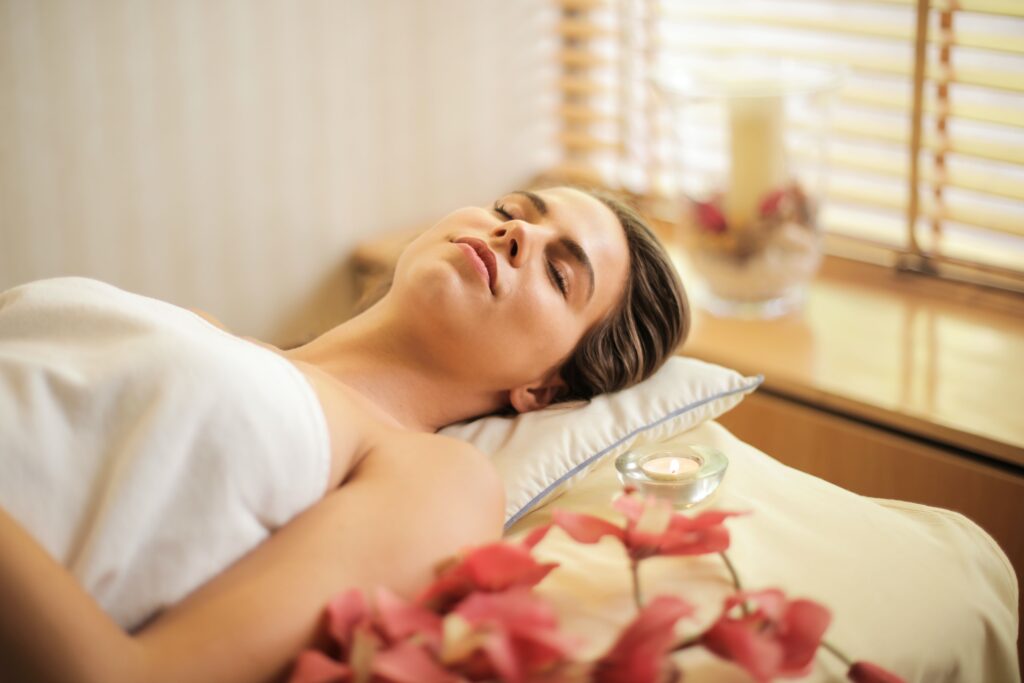7 Things ONLY Attractive People Do

Have you ever wondered about what makes a person so attractiveness? Or how exactly it is we define a person’s attractiveness? While it’s true that a lot of the time it is subjective, we also can’t deny that there are really just some people we collectively find to be attractive, so there must be some uniformity in our ideas of attractiveness, right?
Currently, there are a lot of interesting psychology studies looking into these questions. What we have agreed on so far is that attractiveness is more than just a matter of physical appearance; it also has a lot to do with certain behaviors.With that said, here are 7 things attractive people do that set them apart from the rest:
1. They compliment others.
While there is some truth to the stereotype that “the popular, pretty girls are also the meanest”, most attractive people are actually very kind and not shy about complimenting those around them. Why? Because they are secure about the way they look and are confident enough about themselves that they want to make other people feel attractive, too. They’re not as worried about “competition” or feel as threatened by the attractiveness of others like most people might think. And because they’re quick with a kind word, it only ends up making them look better instead of bitter.

2. They make it a habit to smile.
Again, contrary to popular belief, attractiveness doesn’t usually make a person more entitled or stand-offish. In fact, studies show that happier, friendlier people tend to be more attractive — and vice versa! (Golle, Mast, & Lobmaier, 2014) That’s why incredibly attractive people make it a habit to smile, because they love finding the little joys in life. They are usually happy and upbeat, which is what makes people so drawn to them and always want to be in their presence. Their smiles just brighten every room they walk into and they generously share this happiness with others.

3. They dress well all the time.
Most of the time, attractive people are very fashion conscious, but not for the reasons that you might think. They dress well all the time not because they’re vain or superficial, but because they know what a positive difference it can have on a person’s life. Because knowing how to dress yourself and having a good sense of style that suits you will not only make you more confident and noticeable to others, it also makes you look smarter, more put-together, and even more financially well-off! (Howlett, Pine & Fletcher, 2013)

4. They pamper themselves.
Similar to the last point, incredibly attractive people know the value of pampering themselves, because it’s one of the ways they show themselves love. Being mindful of your grooming also leaves a good impression on others, so don’t be surprised to find a lot of attractive people hitting up the salon, the spa, or the gym every so often. It’s not just because they care about how they look but more importantly, that they want to take good care of themselves. Which brings us to our next point!

5. They set their standards high.
An attractive person knows their worth and they set their standards accordingly. So when it comes to friendships and relationships, don’t ever expect an attractive person to stick around if you’ve treated them less than they deserve or repeatedly failed to recognize their value. As they say after all, attractive people don’t chase, they replace. So never take them for granted. People are probably lining up to date and befriend them, so why should they bother wasting their time on those who don’t see their worth? That’s not arrogance, that’s self-respect.

6. They push themselves to be better.
A lot of the time, attractive people have a pretty good grasp on how other people see them, and they are able to gauge their own attractiveness because of it (Lorenzo, Biesanz, & Human, 2010). Unfortunately, however, being attractive isn’t all it’s cracked up to be; with “pretty privilege” comes the double-edged sword of constantly being underestimated by others and struggling to be taken seriously. That’s why attractive people will always push themselves to be better, to prove their naysayers wrong and show everyone that there’s so much more to them than their looks.

7. They are intentionally positive.
Last but certainly not the least, attractive people are often intentionally positive (Lemay, Clark, & Greenberg, 2010). They choose to be happy, optimistic, and look at the brighter side of things even if it isn’t always easy. Because they know that they know that while outer beauty might turn other people’s heads, inner beauty is what wins their hearts in the end. They know better than anyone that good looks can only take you so far. Ultimately, what matters most are your mindset and your positive attitude.

So, do you relate to any of the things we’ve mentioned here? Did reading this list make you realize anything important about yourself, your lifestyle habits, or your point of view about certain things? While it’s certainly true that beauty is in the eye of the beholder, what sets attractive people apart from the rest is more than just their good looks. It’s really the beauty they possess in their hearts and their attitudes that make other people so drawn to them.
References:
- Golle, J., Mast, F. W., & Lobmaier, J. S. (2014). Something to smile about: The interrelationship between attractiveness and emotional expression. Cognition & emotion, 28(2), 298-310.
- Howlett, N., Pine, K. L., & Fletcher, B. (2013). The Influence of Clothing on First Impressions: Rapid and Positive Responses to Minor Changes in Attire. Journal of Fashion Marketing & Management, 17(1); 38-47.
- Lorenzo, G. L., Biesanz, J. C., & Human, L. J. (2010). What is beautiful is good and more accurately understood: Physical attractiveness and accuracy in first impressions of personality. Psychological science, 21(12), 1777-1782.
- Lemay Jr, E. P., Clark, M. S., & Greenberg, A. (2010). What is beautiful is good because what is beautiful is desired: Physical attractiveness stereotyping as projection of interpersonal goals. Personality and Social Psychology Bulletin, 36(3), 339-353.



Responses